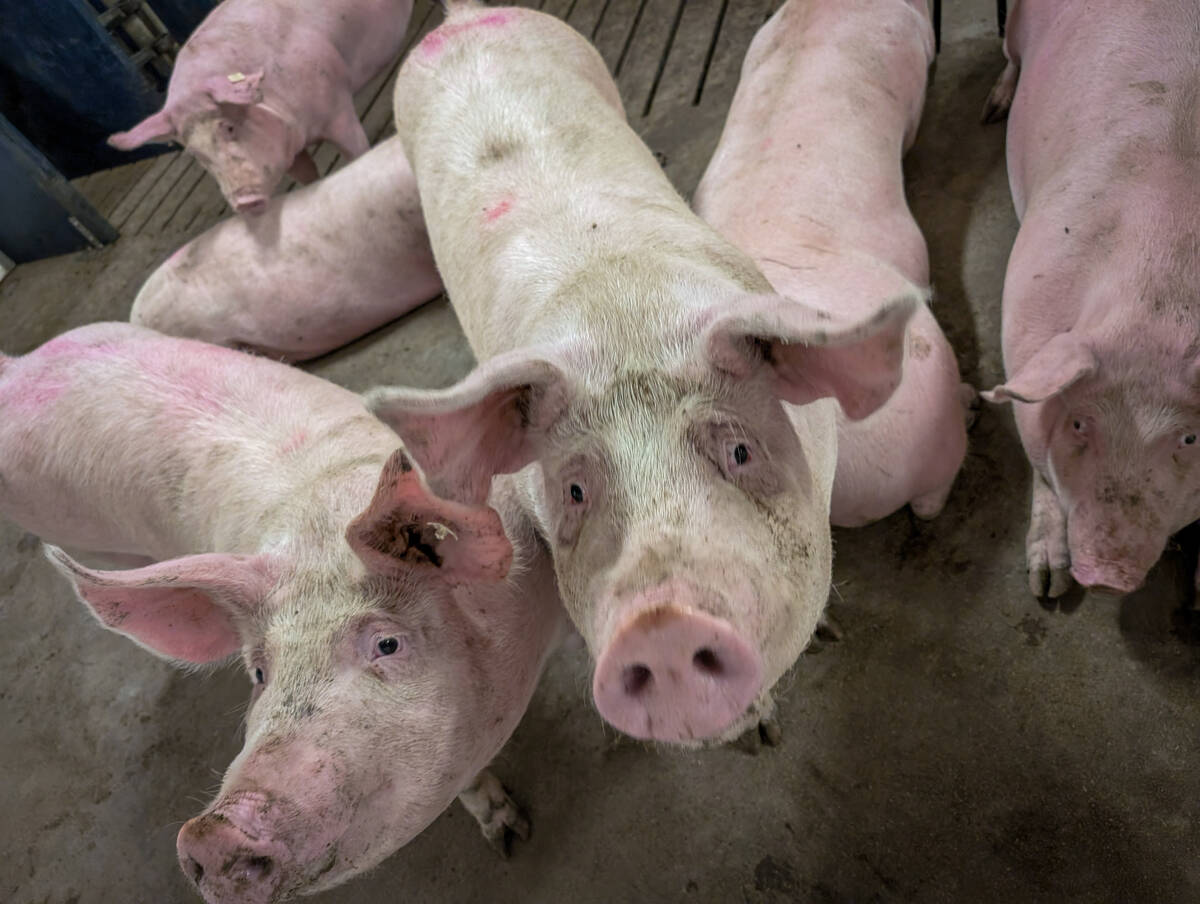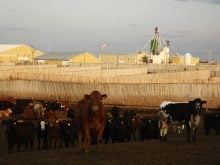RED DEER, Alta. – Living on a shoestring is a fact of life for Alberta’s Wild Rose Agriculture Producers.
President Alan Holt of Bashaw said the general farm policy group has respect, and its membership is stable at about 1,000 members, but money is always tight.
It’s only incomes comes from membership fees of $100 each. The group manages to run an office and keep two staff people plus expenses on $130,000 a year.
Like its predecessor Unifarm, which dissolved three years ago, Wild Rose has been struggling with the provincial government to get money through a checkoff or service fees. It has suggested that a $5 fee on every farm licence plate could yield $1 million a year. So far, that has not happened.
Read Also

Pork sector targets sustainability
Manitoba Pork has a new guiding document, entitled Building a Sustainable Future, outlining its sustainability goals for the years to come.
“I’m very frustrated with government. They’ve made us jump through so many hoops,” said Holt, who is starting his third year as Wild Rose president.
The group needs to prove to the agriculture minister that it has general support from farmers as well as commodity groups.
Not total support
Meetings in the country showed some support for the checkoff and a general farm organization but agreement was not forthcoming from large commodity groups like the Alberta Cattle Commission or Alberta Barley Commission.
“The government is not generally very sympathetic to our cause,” Holt said in an interview during Wild Rose’s annual meeting in Red Deer, Alta.
Holt has a dairy and grain farm and is turning the dairy side over to his son.
Part of Wild Rose’s problems with the provincial government may come from the organization’s support for single-desk marketing systems, including the Canadian Wheat Board and supply management, which the Alberta government has spoken out against.
Holt maintains that most producers are in favor of these programs so Wild Rose supports them.
While it struggles for cash, Holt said Wild Rose has earned respect through its participation in such groups as the Alberta Safety Net Coalition, comments on the Estey report, Canadian Grain Commission reform and provincial taxation review.
Its policy is to take the middle ground on a select number issues that affect a majority of farmers.
Last July Wild Rose joined the Canadian Federation of Agriculture as an associate member, which allows it to send two delegates to the annual and semi-annual meetings.
Holt worries about the limited western influence with the federation. To become a full member would cost Wild Rose $60,000 a year.
The only other Alberta influence in the CFA comes from Agricore, which recently took out a membership.















